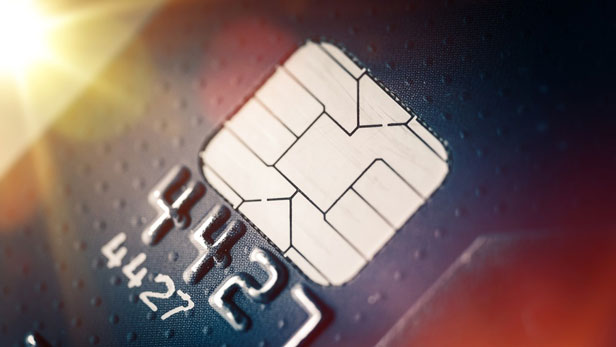Payment Processing

Payment processing is the handling of transactions from bank-related channels, including credit and debit cards, by a company that is appointed by the merchant. Modern payment processing involves an electronic transaction. All payment processing should be processed quickly and without compromising safety.
History of Payment Processing
Before electronics, commodities went through payment processing. They were reviewed before they could be traded for commodities of equal value. For example, a farmer would deposit his crop to be reviewed. Upon approval of the crop, the farmer would get some form of a promissory note which could be traded for goods and services of equal value.
How Modern Payment Processing Works
In payment processing, details are forwarded from the merchant to the respective card’s association for verification and security measures. Once the payment details have been verified and approved, the information is relayed back to the merchant, who then moves forward in completing or denying the payment. This operation typically is completed by software payment processors and takes a few seconds.
Payment Processing Should be Fast and Secure
Payment processing works best when customized to fit a business’s industry trends, size, specific requirements. Modern, well-built payment processors ensure that new shopping behaviors are being supported and the needs of business owners catering to them are being successfully met.





